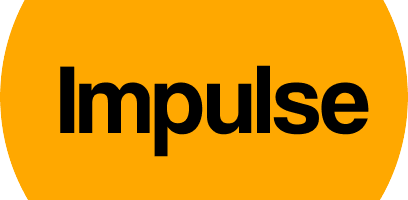Mario Paladini:
“We are building a global network
of connections”
Entre Expats
Mario (José) Paladini — founder of the international community Club GLOBALS and organizer of the GLOBAL Sales Tech Festival — shares how his hobby of connecting people grew into a large-scale business built on the power of relationships and trust. Originally from Argentina, Mario has built a career as a networker, investor, and mentor, bringing together over 50,000 professionals worldwide.
In the Entre Expats podcast, we talk with him about why focusing on one goal is more important than multitasking, how to build truly meaningful connections, and how artificial intelligence can become a helpful tool in networking.
In the Entre Expats podcast, we talk with him about why focusing on one goal is more important than multitasking, how to build truly meaningful connections, and how artificial intelligence can become a helpful tool in networking.
Glasses help me focus
One day, after watching a 3D movie while preparing to launch the Club GLOBALS platform, I removed the lenses from my glasses and decided to wear only the frames until I achieved real results. For me, they became a symbol of focus and a reminder that without concentration, nothing gets done.
Over time, the glasses became my signature. People started to recognize me, ask questions. One of my photos wearing green glasses appeared in the Irish Times during Web Summit, and this symbol became part of my identity.
When the project was ready, I changed the color of the glasses to white — a symbol of a new phase: finding the first client. The white glasses helped me stay focused, and I would explain to people that at GLOBALS, we help expats adapt and grow. Our first client was Deutsche Bank. Later, I switched to red glasses as I began searching for our first investor. Now I wear green ones — they represent sustainable growth and international expansion.
This way, I change the color of my glasses depending on my new goal. They serve as a daily reminder to stay focused and think big.
Over time, the glasses became my signature. People started to recognize me, ask questions. One of my photos wearing green glasses appeared in the Irish Times during Web Summit, and this symbol became part of my identity.
When the project was ready, I changed the color of the glasses to white — a symbol of a new phase: finding the first client. The white glasses helped me stay focused, and I would explain to people that at GLOBALS, we help expats adapt and grow. Our first client was Deutsche Bank. Later, I switched to red glasses as I began searching for our first investor. Now I wear green ones — they represent sustainable growth and international expansion.
This way, I change the color of my glasses depending on my new goal. They serve as a daily reminder to stay focused and think big.
The key is to have something
that helps you stand out
that helps you stand out
I often give lectures on networking at universities, and I always recommend having something that makes you stand out — whether it's bold glasses, a pin, a scarf, or any other accessory connected to a community.
I founded the first English-speaking Rotary Club in Berlin — an organization with over 100 years of history, uniting 24,000 clubs and 1.2 million members around the world. Recently, at a reception at the U.S. consulate, I noticed someone wearing a Rotary pin. I walked over, greeted them, and the conversation started instantly. These kinds of symbols are a perfect conversation starter and help establish a connection quickly. The key is to have something that makes you stand out and shows your affiliation with a community.
I founded the first English-speaking Rotary Club in Berlin — an organization with over 100 years of history, uniting 24,000 clubs and 1.2 million members around the world. Recently, at a reception at the U.S. consulate, I noticed someone wearing a Rotary pin. I walked over, greeted them, and the conversation started instantly. These kinds of symbols are a perfect conversation starter and help establish a connection quickly. The key is to have something that makes you stand out and shows your affiliation with a community.
Networking is a strategy,
not a coincidence
not a coincidence

Networking is my passion. I’ve always loved connecting people. When I find the perfect match, I get goosebumps. I can feel the potential between those two individuals — whether it’s a friendship, a business opportunity, or simply a meaningful connection.
Here are a few principles that work:
Here are a few principles that work:
- Prepare in advance. Before the event, review the participant list and take screenshots of the people you want to meet. Once there, try to connect through a mutual acquaintance — it builds trust.
- Go with a goal. Be clear: are you looking for investors, clients, partners, or talent? Without a goal, you can waste a lot of time.
- Craft a short pitch. You have just 2–3 seconds to capture someone’s interest. Be specific and clearly state who or what you’re looking for.
- Plan “accidental” meetings. Not sure how to approach someone? Notice where they’re headed (like to the bar) and “accidentally” end up nearby. Start a simple conversation — that’s often all it takes.
- Don’t fear rejection. The worst that can happen is someone says “no.” That’s not a big deal. Just keep trying.
Disconnect to reconnect
As part of our European tour, we have a format called Pitch in the Bus — where startups pitch their ideas to investors right on a moving bus. It’s not easy: there’s noise, tight space, constant motion. But that’s exactly where the energy comes from.
For me, the key to any connection is energy and a smile. A smile is universal, but it’s also important to read the room. Being too pushy can drive people away. I always pay close attention to body language — it tells you when to step back and when to keep going.
Every one of our events ends with a DJ party. It’s our signature — not just for fun, but as a way to release tension, relax, and just be yourself. We call it: “Disconnect to reconnect.” Because real connections happen when the masks come off.
For me, the key to any connection is energy and a smile. A smile is universal, but it’s also important to read the room. Being too pushy can drive people away. I always pay close attention to body language — it tells you when to step back and when to keep going.
Every one of our events ends with a DJ party. It’s our signature — not just for fun, but as a way to release tension, relax, and just be yourself. We call it: “Disconnect to reconnect.” Because real connections happen when the masks come off.
Global access to the right people
It all started as a hobby, and now it’s a full-fledged business. Today, I develop an international community and platform that unites entrepreneurs, investors, and tech companies. We organize the Global Sales Tech Festival, as well as a series of events across Europe and beyond. Next up are the Americas, Asia, the Middle East, and Africa.
The main goal is to connect people. We don’t just hold conferences; we create a space for precise connections. Contacts are as important a resource as capital. We have over 55,000 verified connections and help tech companies find the right partners, investors, clients, or media. Our approach is not a traditional accelerator. We respond to requests, identify specific growth opportunities, organize meetings, and provide access to relevant tools and technologies. All of this is built on trust, dialogue, and genuine relationships.
The main goal is to connect people. We don’t just hold conferences; we create a space for precise connections. Contacts are as important a resource as capital. We have over 55,000 verified connections and help tech companies find the right partners, investors, clients, or media. Our approach is not a traditional accelerator. We respond to requests, identify specific growth opportunities, organize meetings, and provide access to relevant tools and technologies. All of this is built on trust, dialogue, and genuine relationships.
I am an optimist and I believe in technology
Artificial intelligence is not a threat, but a powerful assistant. The key is not to be afraid and to start using it. In my opinion, soon the world will be divided into those who use AI and those who don’t. At Davos, we already used AI tools. We created Davos Agent — an intelligent assistant trained on the latest information about the forum. It could answer questions like, “Which participants from Argentina are at the event?” or “Where to go between 2 PM and 4 PM if interested in blockchain?” This greatly simplified navigation, finding contacts, and planning. Everything in one place.
The future belongs to these technologies. What we do manually today — analyzing LinkedIn, finding common topics, scheduling meetings — AI will soon take over. We will be able to come to an event, look at a person, and immediately understand what to talk about. Contact lenses will analyze profiles, interests, even moods.
But I always emphasize: technology is just a tool. AI will enhance our ability to empathize and help build deeper connections. However, for a connection to be genuine, it must be built personally.
The future belongs to these technologies. What we do manually today — analyzing LinkedIn, finding common topics, scheduling meetings — AI will soon take over. We will be able to come to an event, look at a person, and immediately understand what to talk about. Contact lenses will analyze profiles, interests, even moods.
But I always emphasize: technology is just a tool. AI will enhance our ability to empathize and help build deeper connections. However, for a connection to be genuine, it must be built personally.
LinkedIn helps you get to dinner
Today, LinkedIn is like a personal business card. It’s the first thing people look at: your banner, photo, and brief description. If you don’t have a LinkedIn profile, it’s as if you don’t exist.
But at events, it’s different. No one checks your profile in real time. Personal impression is what matters there. I often say: every point of contact is an opportunity. First, you get 2 seconds of attention, then 10 seconds, then a short call, a meeting, and maybe dinner. It all builds step by step. LinkedIn helps you get started, but after that, personal energy is key.
There’s the “six touches” rule: LinkedIn, event, mutual contact, media mention. After six interactions, a person already knows who you are. That’s why it’s important to develop both your digital and live presence simultaneously.
But at events, it’s different. No one checks your profile in real time. Personal impression is what matters there. I often say: every point of contact is an opportunity. First, you get 2 seconds of attention, then 10 seconds, then a short call, a meeting, and maybe dinner. It all builds step by step. LinkedIn helps you get started, but after that, personal energy is key.
There’s the “six touches” rule: LinkedIn, event, mutual contact, media mention. After six interactions, a person already knows who you are. That’s why it’s important to develop both your digital and live presence simultaneously.
Mario (Jose) Paladini
Our guests

